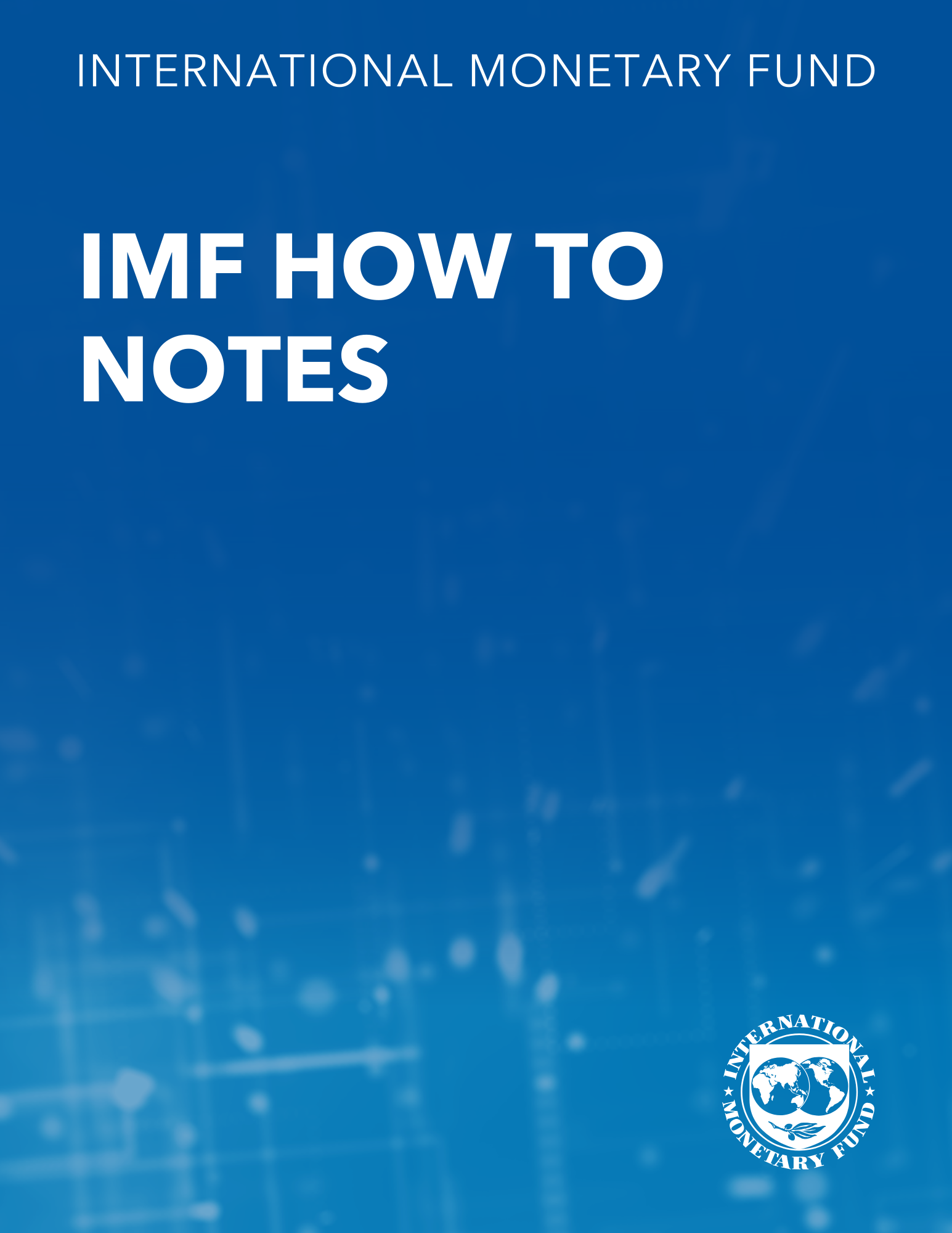Infrastructure Aid, Deindustrialization, and Welfare
July 1, 2005
Disclaimer: This Working Paper should not be reported as representing the views of the IMF.The views expressed in this Working Paper are those of the author(s) and do not necessarily represent those of the IMF or IMF policy. Working Papers describe research in progress by the author(s) and are published to elicit comments and to further debate
Summary
This paper investigates the deindustrialization and welfare effects of infrastructure aid in developing countries. In the short run, cost-saving infrastructure aid in the export sector increases the domestic wage rate, whereas the same aid in the import sector lowers it. The cost of nontraded goods rises whether the export or the import sector receives infrastructure aid. Infrastructure aid in the nontraded sector has no effect on domestic factor prices. Laborsaving infrastructure aid causes an expansion of the export sector, while capital-saving infrastructure aid results in a Dutch disease effect in the export sector. If aid is below the optimal level, infrastructure aid increases consumer income and welfare.
Subject: Dutch disease, Exports, Imports, Income, Infrastructure
Keywords: currency appreciation, interest rate, WP
Pages:
24
Volume:
2005
DOI:
Issue:
150
Series:
Working Paper No. 2005/150
Stock No:
WPIEA2005150
ISBN:
9781451861693
ISSN:
1018-5941






